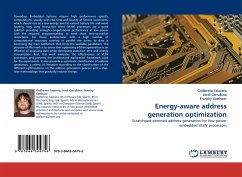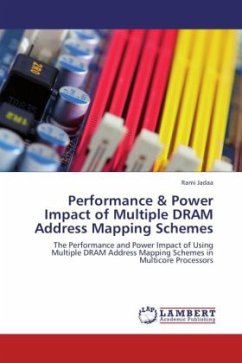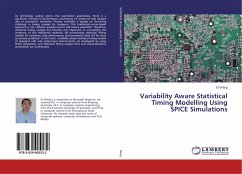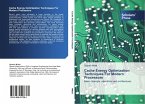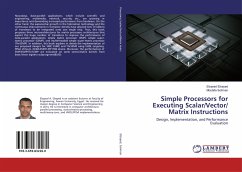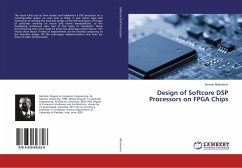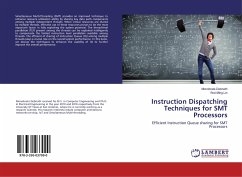Nowadays Embedded Systems require high performance specific computations, usually with real-time and Quality of Service constraints, which should run at a low energy level to extend battery life and avoid heating. Very Long Instruction Word (VLIW) processors are a good solution providing enough computational performance at low power with the required programmability to meet short time-to-market restrictions. For those architectures with a high number of computational resources running in parallel the access to data is becoming the main bottleneck that limits the available parallelism. The purpose of this work is to prove that optimizing address generation is an effective of accessing data while decreasing execution time and energy consumption. First, this work evaluates the effectiveness of VLIW processors and presents the architectural exploration framework used for the experiments. It also presents a systematic classification of address generators, a review of literature according to the classification of the different optimizations on the address generation process and a step-wise methodology that gradually reduces energy.
Bitte wählen Sie Ihr Anliegen aus.
Rechnungen
Retourenschein anfordern
Bestellstatus
Storno

